Story Highlight
– Landlords must ensure properties are safe and compliant.
– Fire safety regulations often neglected by landlords.
– Regular gas and electrical safety checks are essential.
– Proper documentation of safety checks is crucial.
– Communication and maintenance are key to preventing hazards.
Full Story
**Navigating Landlord Responsibilities in London: Essential Safety Considerations**
As a landlord in London, the role extends far beyond the simple act of renting out property. It encompasses a wide range of responsibilities aimed at ensuring the safety, maintenance, and legal compliance of rental homes. The UK government mandates that landlords must maintain properties that are safe and free from health hazards, emphasising the critical need for all gas and electrical systems to be correctly installed and maintained. Despite such clear guidelines, many landlords and property managers still frequently overlook essential safety measures, putting tenants at risk.
**Fire Safety Oversights**
Fire safety is an area where landlords often fail to meet legal requirements. According to safety regulations, it is mandatory for each floor of a rental property to be equipped with a minimum of one smoke alarm, and any room with a solid fuel appliance must have a carbon monoxide detector. Regrettably, numerous landlords neglect these obligations, leaving batteries unchecked, incorrectly positioning alarms, or failing to maintain clear escape routes in the event of a fire. Such neglect not only contravenes the law but also places tenants in potential danger.
**Compliance with Electrical and Gas Safety Regulations**
Both electrical systems and gas appliances represent significant facets of property safety. Legally, landlords are required to ensure that gas equipment receives maintenance from a certified engineer and undergoes annual safety inspections. Likewise, electrical installations must be regularly assessed to confirm they comply with safety standards. Ignoring regular checks or deferring necessary repairs can result in hazardous situations, particularly in older buildings characteristic of London, where such systems are often aged and potentially unsafe.
**Conducting Comprehensive Risk Assessments**
Prior to new tenants moving in, landlords should conduct thorough evaluations to identify any potential risks around the property. This includes assessing heating systems, checking for leaks or signs of dampness, and ensuring that fire escapes are functional and easily accessible. Some landlords, however, either bypass this crucial step or perform it inadequately, leaving concealed dangers unaddressed. A responsible property management strategy involves acquiring the necessary documentation, such as landlord safety certifications, to verify compliance with safety standards.
**Importance of Proper Documentation**
Even when landlords manage to carry out safety checks, many fail to document these actions adequately. Written records are vital for annual gas safety inspections, electrical assessment reports, smoke alarm tests, and general maintenance logs. Without proper documentation, landlords may struggle to demonstrate compliance if a tenant raises a concern or if an inspection is conducted by local authorities. Maintaining accurate records not only showcases accountability but also highlights responsible property management practices.
**Challenges Specific to London Properties**
The diversity of London’s housing stock—from historic Victorian homes to contemporary apartment complexes—poses unique challenges for landlords. Each property type has specific risks that require tailored safety measures. Older buildings, for instance, may have outdated wiring or shared fire escape routes that demand frequent inspections. A thorough understanding of how the specific characteristics of their properties impact safety is crucial for landlords to maintain compliance and avoid costly repairs in the future.
**Proactive Maintenance Practices**
Another common pitfall among landlords is adopting a reactive strategy when it comes to maintenance. Waiting to address issues until they become serious can escalate repair costs and disrupt tenants’ lives. Routine inspections are an essential approach to identify minor problems before they escalate into significant hazards. Proactive attention to even minor repairs, whether it involves replacing a faulty light switch or fixing a leaky pipe, plays a vital role in ensuring the long-term safety and value of the property.
**Effective Communication with Tenants**
The significance of communication cannot be understated. Tenants should have clear guidance on how to report faults, test alarms, and safely operate heating or ventilation systems. A lack of such instructions can lead to unreported issues or misuse of equipment. Moreover, effective communication fosters trust between landlords and tenants, facilitating efficient property management.
**Staying Informed of Regulatory Changes**
Keeping abreast of the constantly evolving landscape of property safety laws in the UK is essential for landlords. Frequent updates to regulations concerning fire safety, electrical standards, and building codes can directly impact compliance requirements. Regularly consulting resources, such as those provided by the Health and Safety Executive (HSE), is critical for landlords to ensure they remain within legal boundaries and avoid penalties that could arise from outdated practices.
**Attention to Shared Areas in Multi-Unit Dwellings**
In properties with multiple units, there is a tendency for landlords to focus solely on individual flats, often neglecting shared spaces like corridors and entrances. These communal areas are key locations for potential hazards, such as blocked fire exits or inadequate lighting. Proper maintenance of these spaces is not only legally required but also crucial for overall property safety.
**Ongoing Reviews are Essential**
Once a property successfully passes inspection, it is important to continue monitoring its condition. Factors such as wear and tear, changes in the environment, and tenant turnover can all influence safety standards. Regularly scheduled property reviews and system assessments are essential to identify and mitigate potential issues early. Consistent monitoring signifies professionalism and can lead to reduced long-term costs.
**Conclusion**
For landlords operating in London, the imperative to maintain properties that are safe and compliant is both a legal duty and an ethical obligation. Common oversights—including neglecting fire safety, bypassing essential gas and electrical checks, and ignoring robust documentation—can lead to severe repercussions. An active approach, staying informed about current regulations, and promoting open channels of communication with tenants are fundamental to safeguarding both properties and the welfare of those who inhabit them.
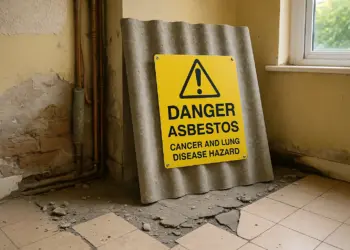






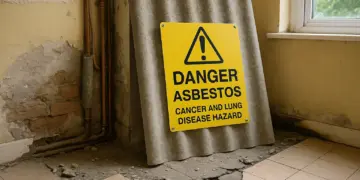


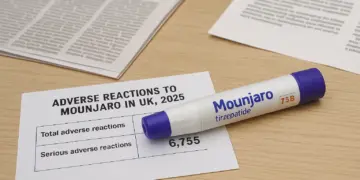
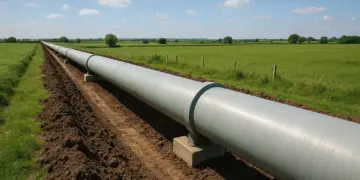
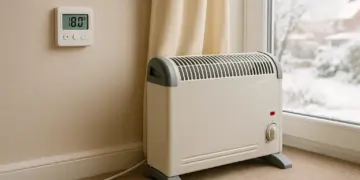

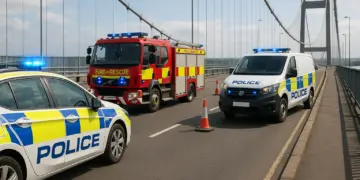


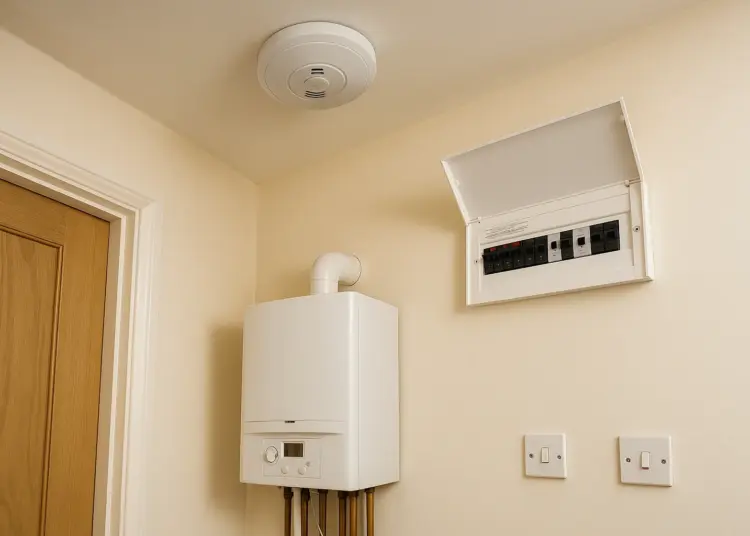
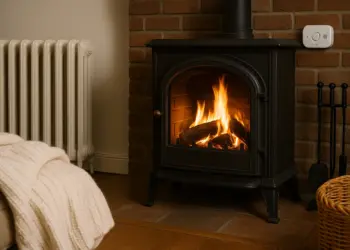
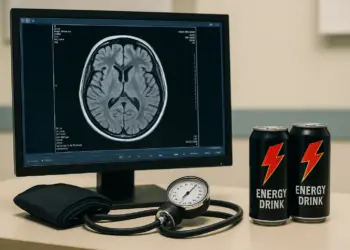



Absolutely. Landlords must prioritise regular fire safety, gas and electrical checks and keep clear records of inspections and maintenance. Proactive communication with tenants about safety measures and swift action when issues are identified will reduce risk and help ensure compliance with changing regulations. Neglecting these duties not only endangers residents but can also lead to serious legal and financial consequences.
Absolutely. Landlords must treat fire safety, gas and electrical checks as non negotiable responsibilities. Regular inspections, clear records and prompt remedial action protect tenants and limit legal risk. Proactive communication with tenants about safety measures and maintenance schedules helps ensure hazards are identified and dealt with quickly. As regulations change, staying informed and using competent qualified contractors for inspections and repairs should be standard practice.